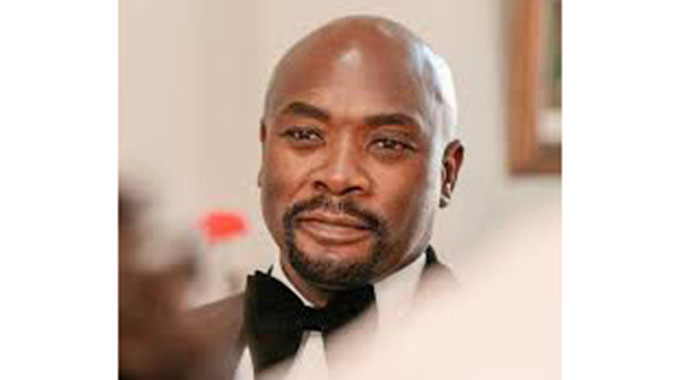A name many will live to remember

Veronica Gwaze
WHEN the late Los Angeles Lakers point guard Kobe Bryant said “character is the one thing you can control, you are responsible for how people remember you, so don’t take it lightly”, he may have mirrored Precious Marange.
From a mere house maid, she rose to create a name that many will live to remember.
The left-handed batter and right-arm fast-medium bowler now has a congested daily routine that many may not be able to balance, but she makes it work.
From a national team cricket game, she sometimes has to hastily remove the kit, rushing to take position on the national rugby team.
Ordinarily, that can be expected to bring pressure on her, but the cricket-rugby star says it actually makes life fascinating for her.
“I am used to life as both a cricketer and a rugby player. Should there be clashes, my managers and coaches liaise because they are aware that I represent both teams,” says Marange.
“It is, however, rare to have fixtures clash. I may play the same day but at slightly different times.
“Rugby fixtures are not that long compared to cricket. So I am able to balance between the two, although cricket is my first love.”
Apart from being a vital cog on the national cricket and rugby teams, a student, a working class mother of an eight-year-old son, Marange has something that makes her stand out.
Behind the smile that she usually wears, especially when she takes a bat, lies a vocal, tough and stubborn character that pushes perfection and that makes her stand out.
That is how this writer met her a year ago at Old Hararians during a clash between Media Ladies Cricket and the Lady Chevrons. She immediately came across as a natural leader.
“My schedule has always been a busy one, I have to balance sport, school, work and mothering and it has somehow killed my social life, but I love it,” she says.
“Before lockdown, after work, Mondays and Thursdays were gym days. Tuesdays were for rugby, while Wednesdays and Fridays were devoted to cricket.
“Saturdays and some Sundays were usually game days so I only had Sunday evenings for my son.”
Marange took time to relive her journey to the national teams.
Hitting rock bottom, she found herself employed as a domestic helper at 22.
It was during that time, that Marange fell in love with cricket. She would watch matches on television.
Initially, with no idea on local cricket, she met a stranger. After a brief discussion on the sport, the stranger directed her to Takashinga Cricket grounds in Highfield, where she would go and watch training sessions.
After a few sessions, she introduced herself to the coach and sought permission to try out the sport.
“It was far and I had to walk nearly two hours daily but that did not deter me. In fact, I had a great feeling about it so giving up was not part of the plan.
“The coach must have seen some potential and pushed me to keep attending. I was always on my toes trying to perfect my game. I am happy it worked well.”
In 2008, she made her debut in national colours at the ICC Women’s World Cup Qualifier as an opening pacer.
She still has fresh memories of that encounter as she batted at number six to finish off with 10-3-3-29 bowling figures.
That same year, she developed love for Rugby and decided to give it a try.
Determined to fight her way to the top, she won the hearts of many coaches as she navigated her way onto the rugby national team line-up.
“Most people think once you turn 20 then it’s late and it is some of those ideas that pushed me,” she says.
“I proved to the world that even a maid can rise to a star and from your sport earnings you can then enroll yourself at university and study for any degree you want.”
Marange has never missed a season for 16 years. She feels hard done by the Covid-19 outbreak, but it came as a blessing.
“I miss sport, I train at home but as an individual, you cannot make much impact, ball skills and fitness are critical- at home everything simply feels different, I miss the changing room talk,” she chuckles.
“Having no games to play means a larger chunk of income is gone and it obviously comes with a lot of changes and adjustments. But I am not discouraged at all. Remember we used to play just for the love of the game. There was no remuneration for female cricketers back then.
“However, off ground, I now have more time to focus on my studies, family, create bonds and learn more as a mother.”








Comments